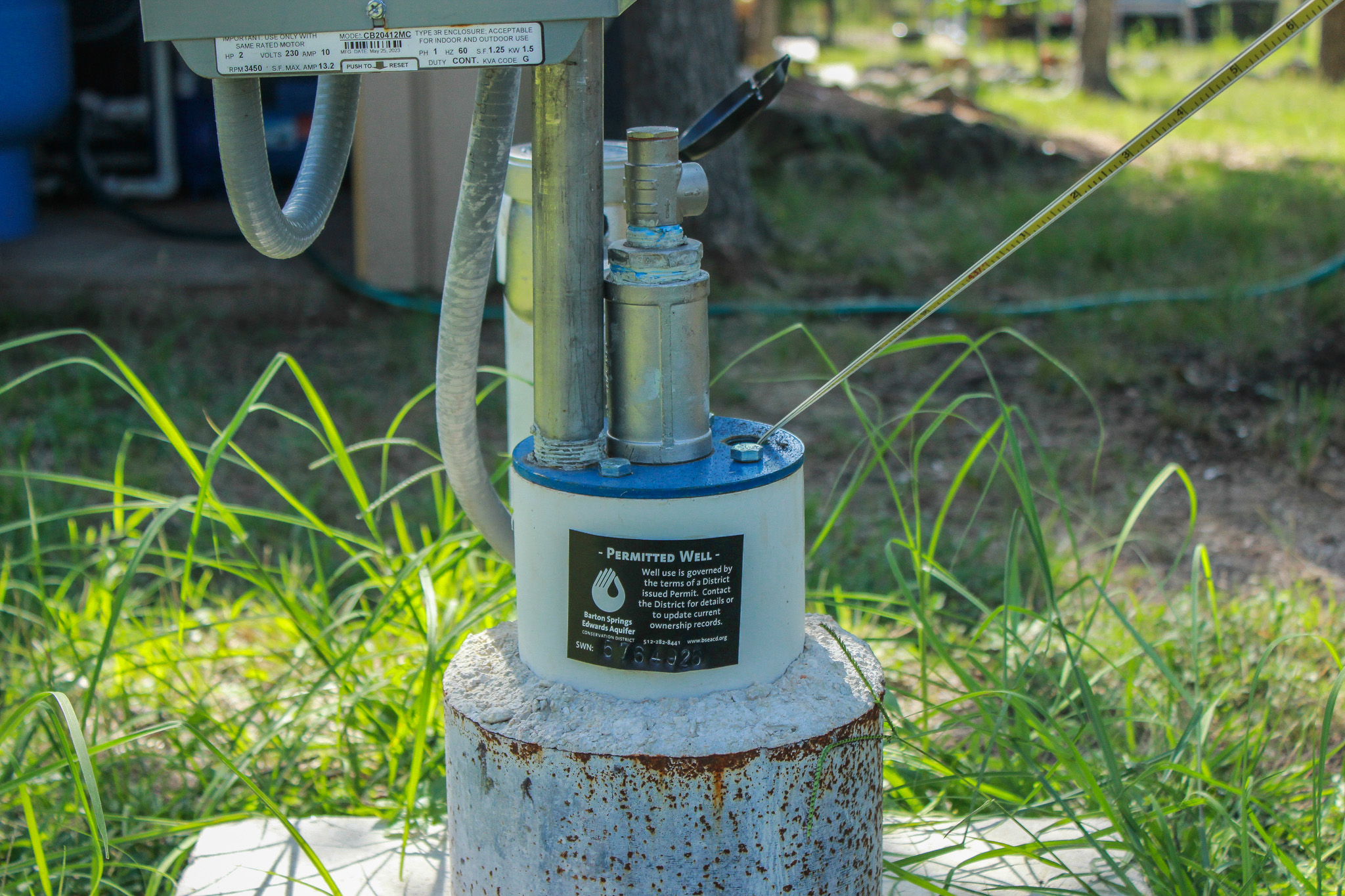While water suppliers are required to test for contaminants regularly, there’s no such requirement for private wells. This means it’s solely up to well owners to check and maintain their water’s quality.
The majority of well owners rarely, if ever, get their water tested. This is commonly based on the assumption that if it looks clear and tastes good, it must be safe to drink. Yet, many contaminants can go completely undetected without testing. For the safety of you, others in your household, and your well it’s recommended to test well water used for consumption annually, anytime there’s a change in taste, color, or smell, and if there’s a known contaminant spill in the area.
What to Test for Each Year: The Basics
-
- Coliform bacteria
-
- Coliforms are a family of bacteria that occur naturally in soil, decaying vegetation, and intestines of warm-blooded animals. The presence of coliforms on a water test indicates the potential presence of disease-causing microorganisms in water or that a pathway exists for those bacteria to enter the water (e.g. a hole or opening in the well).
-
- Coliform bacteria
-
- E. Coli bacteria
-
- While many coliforms are harmless, fecal coliforms, like E. coli, can make people sick with symptoms including diarrhea, cramps, nausea, headaches, and more. Fecal coliform and E. coli are bacteria whose presence indicates that the water may be contaminated with human or animal fecal matter.
-
- E. Coli bacteria
-
- Nitrates
-
- The most common pollutant resulting from man-made sources is nitrate. Because nitrate is colorless, odorless, and tasteless, it’s undetectable without testing. Nitrates occur naturally in drinking water; however, if there are high levels of nitrates, it’s likely the result of overuse of chemical fertilizers and/or improper disposal of human and animal wastes. High levels of nitrates and not likely to affect most adults, but it can be harmful to infants and individuals with anemia, cardiovascular disease, lung disease, and sepsis. [HR1]
-
- Nitrates
-
- Salinity or total dissolved solids (TDS)
-
- TDS is often referred to as a measure of salinity because the most common mineral in high-TDS water in Texas is sodium chloride. Drinking water with more than 500 mg/L total dissolved solids may taste salty and/or stain laundry and plumbing fixtures.
-
- Salinity or total dissolved solids (TDS)
-
- pH
-
- In limestone aquifers, like the Edwards and Trinity, slightly acidic groundwater slowly dissolves the rock to form karst environments full of caves, crevices, pores, and cracks. The pH of water can contribute to pipe corrosion and change the taste of the water.
-
- pH
Where to Get Your Well Water Checked
To make well water testing as easy as possible, the District hosts Well Water Checkups twice a year in partnership with the Texas Well Owners Network. We give out water tests, provide a drop-off site for collected water samples, test the water, and then email your results within a week.
We just finished up our first Well Water Checkup of 2024 in July but will host another one in spring. If you want to participate in our next checkup, be sure to follow the District on social media, sign up for our newsletter, and/or email shlavaty@bseacd.org to register for our well owners email list.
You can also get your well water tested at any time at the following labs:
LCRA Environmental Services Lab
– 877-362-5272
– 512-730-6022
– environmental.lab@lcra.org
– 3505 Montopolis Drive, Austin, TX 78744
– Note: Be sure to submit a Sample Request or contact the lab for sampling details and to coordinate bottle pickup and drop-off.
Edwards Aquifer Research and Data Center
– 512-245-2329
– 601 University Drive 248 Freeman Aquatic Building San Marcos, TX 78666
Aqua-Tech Laboratories
– 512-301-9559
– 3512 Montopolis Drive Suite A
– Austin, TX 78744
Related TWON Fact Sheets:
-
- Well Owners Guide to Water Supply

